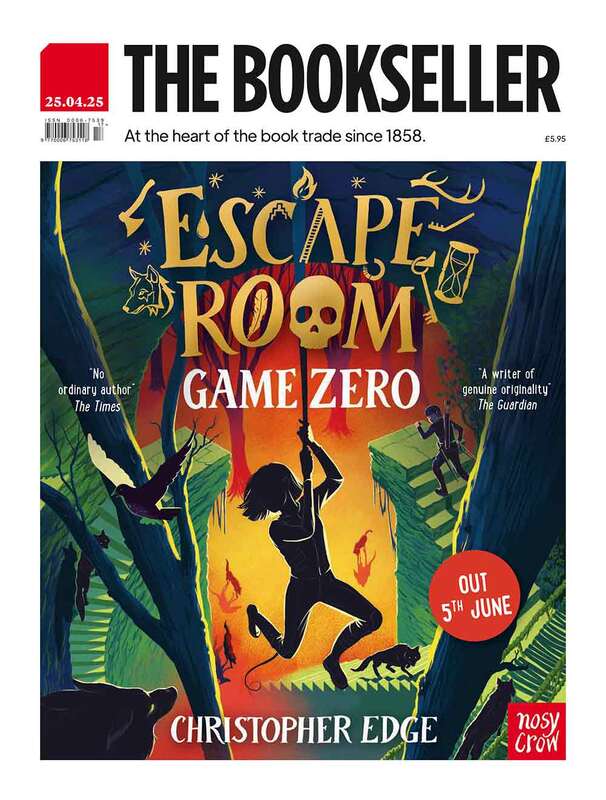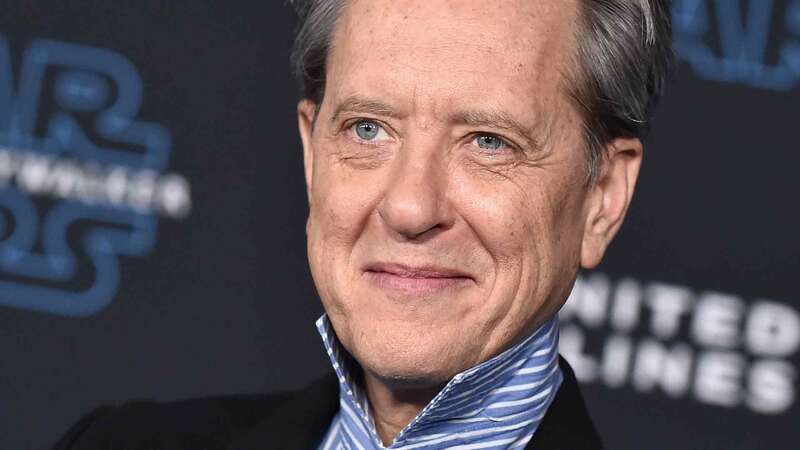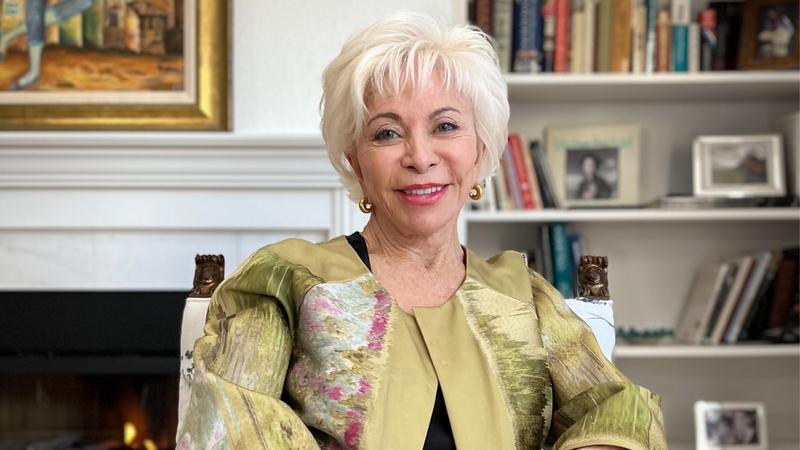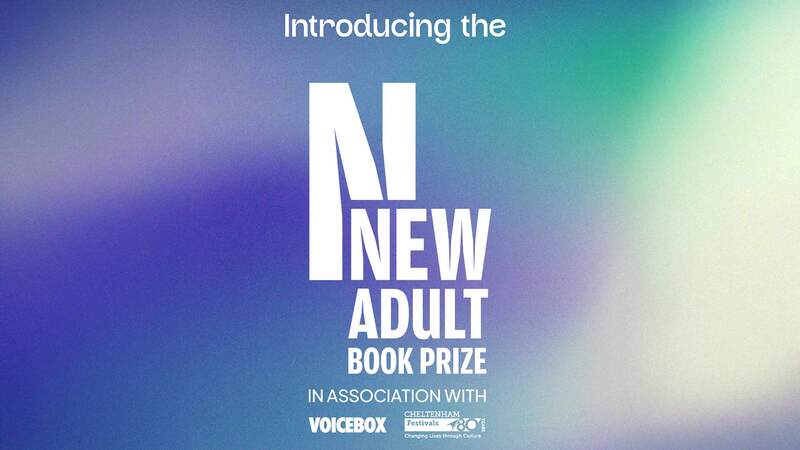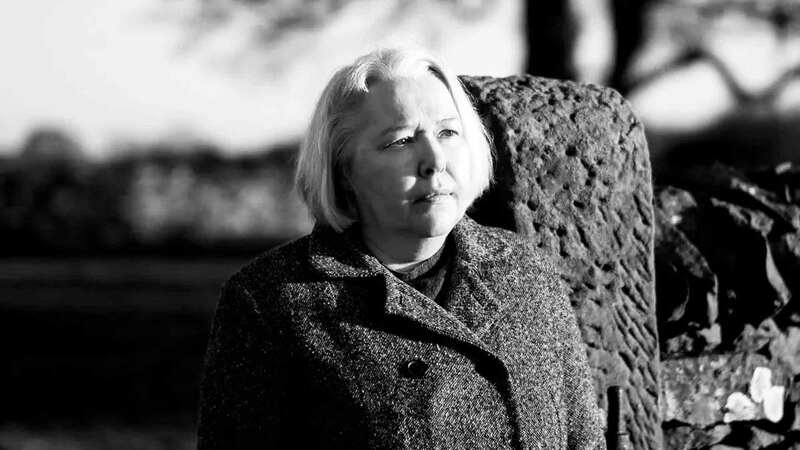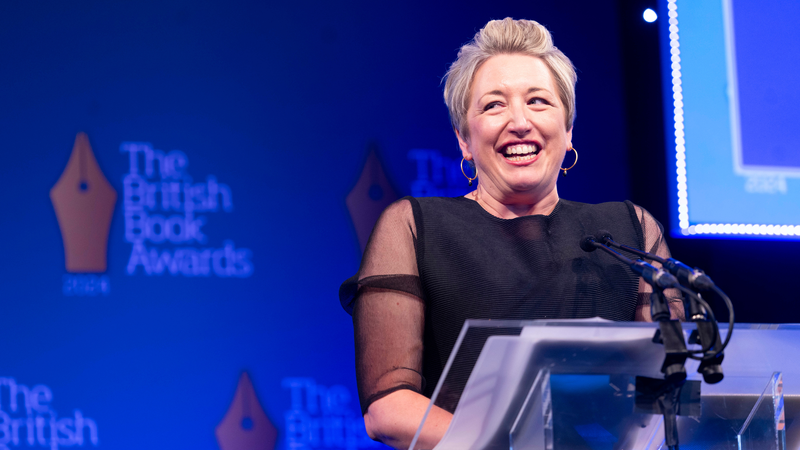You are viewing your 1 free article this month. Login to read more articles.
Free speech groups praise UK decision to publish tell-all Trump book
Free speech groups have praised Little, Brown’s decision to release Michael Wolff’s tell-all book on Donald Trump’s presidency despite the UK’s strict libel laws and legal threats from the president.
English PEN, which campaigns to protect writers from attacks on free speech, said it “applauded” Little, Brown’s move to release Fire and Fury Inside the Trump White House four days early, despite Trump’s lawyers issuing a cease and desist notice to author Wolff and US publisher Henry Holt and Company in an attempt to ban publication.
Little, Brown took the decision despite the UK’s stricter defamation laws in comparison to the US. In the States, the burden of proof falls on the plaintiff to provide evidence that a defamatory statement is false, but in the UK, it is the defendant who is obliged to prove a defamatory claim is true. The difference has led to various US celebrities using UK courts to sue international publishers in a practice branded “libel tourism” by the British press.
However, a lawyer at leading libel law firm RPC has said it would be "extremely ill-advised for a foreign president to bring a libel case in the UK", particularly as this is something the US Congress has legislated against. Any claim would also risk backfiring because it would lead to the book's allegations remaining firmly in the public arena for months and years to come.
Rupert Cowper-Coles, a senior associate at the firm, explained: "For one, it looks very unattractive for a sitting US President to choose to bring a claim in a foreign jurisdiction, which would be widely regarded as forum-shopping or libel tourism – something that the US Congress has specifically legislated against itself. Second, an author or publisher in England publishing political speech about a politician as senior as the US President would expect a particularly high level of protection under the public interest defence to defamation, as reporting on political allegations concerning the US President would be a matter of intense public interest."
He added: "I also see that Trump's lawyer's cease and desist letter does not explain what is inaccurate in the book or why, despite being 11 pages long. A prospective claimant in England is required to provide far greater detail before bringing a claim, on penalty of potential severe legal cost consequences if they fail to comply."
Little, Brown did not confirm until Friday morning (5th January) that publication in Britain would go ahead. Stock is currently in transit to booksellers, who are eager to capitalise on widespread media attention for the title at a usually quiet time of year for book sales. US booksellers are already selling the exposé after 250,000 copies had been shipped early in preparation for the book’s release, which was originally slated for Tuesday (9th January).
English PEN director Antonia Byatt told The Bookseller: "Little, Brown has every right to publish this book, which is clearly in the public interest. We applaud the company for standing firm in the face of legal threats.”
She added that Trump’s attempts to get the publication banned was “another worrying step away from the tradition of free speech, and sets a terrible example to authoritarian regimes around the world”.
"The principle of free speech is the foundation of democracy, and it enjoys strong protections under the US constitution,” Byatt said. “Donald Trump’s cease and desist letter is another worrying step away from the tradition of free speech, and sets a terrible example to authoritarian regimes around the world. Mr Trump’s sustained assault on the free press is an abandonment of principle, and of leadership."
Another free speech group, Index on Censorship, has added its support for the publication of the “insider’s account”, which is based on more than 200 interviews and unprecedented access to the White House.
“We support publishers' right to make decisions about which books they publish and to publish diverse and sometimes controversial views, even if they are threatened by legal actions for doing so,” said Rachael Jolley, editor of the Index on Censorship magazine. “In a free society, non-fiction books will sometimes criticise senior figures in government…If publishers are cowed by threats and unable to publish on issues that are controversial or critical then the world will be a less informed and less interesting place.”
Trump’s lawyers though have claimed the work is defamatory and could constitute a possible invasion of privacy, with the president tweeting that is was “phony” and “full of lies, misrepresentations and sources that don’t exist”.
Among its claims are that Trump was "befuddled" by his election win, he did not enjoy his inauguration and was scared of the White House. It also details Ivanka Trump's secret presidential ambitions and quotes Trump’s former chief strategist Steve Bannon as calling a meeting between Donald Trump Jr and a group of Russians was "treasonous".
The American Booksellers Association and the Authors Guild in the US have also praised the expose's publication, respectively branding Trump's legal action as "an appalling abuse of executive power" and "flagrantly unconstitutional".
The book has been making the headlines since Wednesday (3rd January) when the Guardian published a story on its controversial contents after obtaining a leaked copy from a bookseller in New England, US. Shortly afterwards the book began to soar up the pre-order charts on Amazon and other retailers in the US and the UK.

